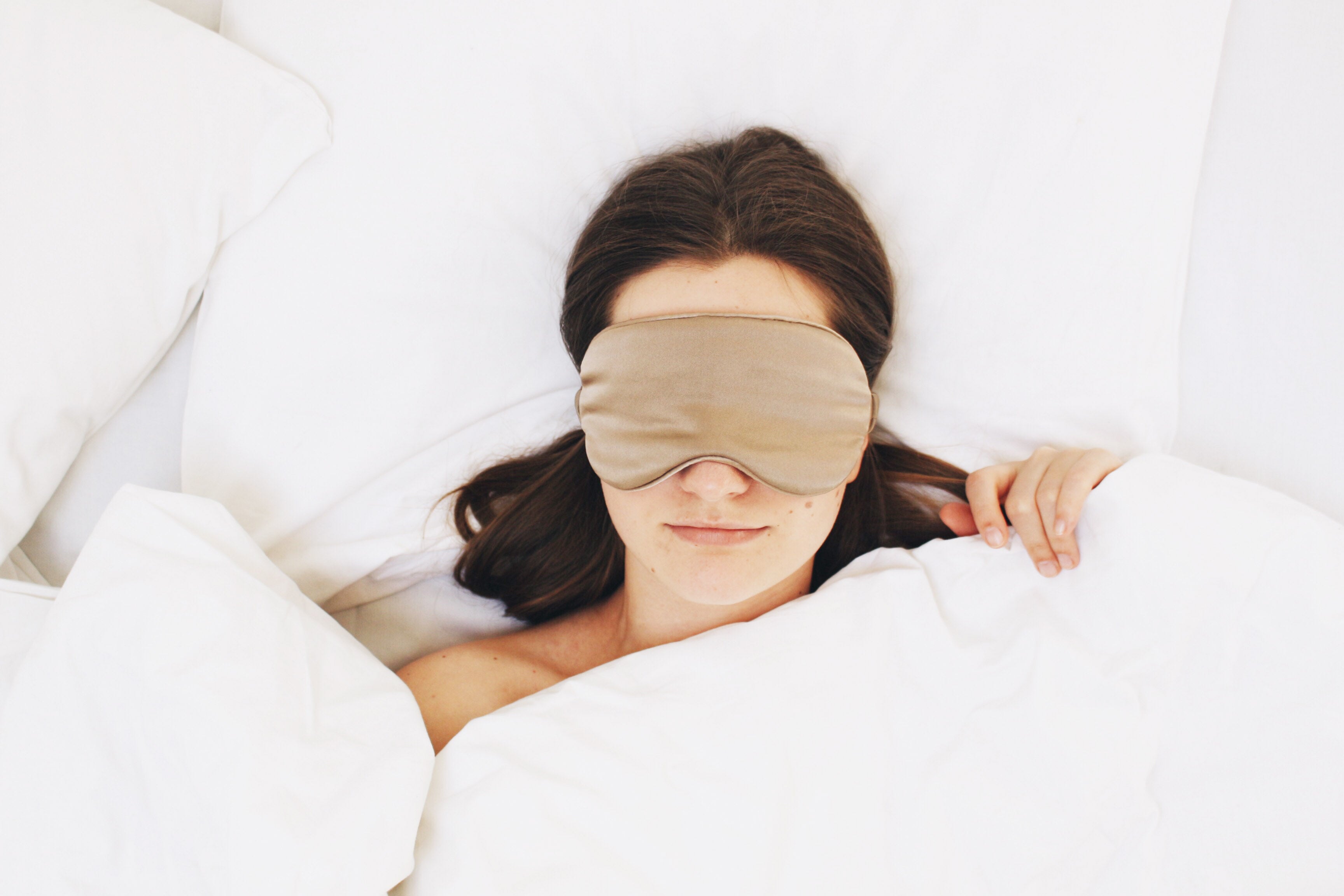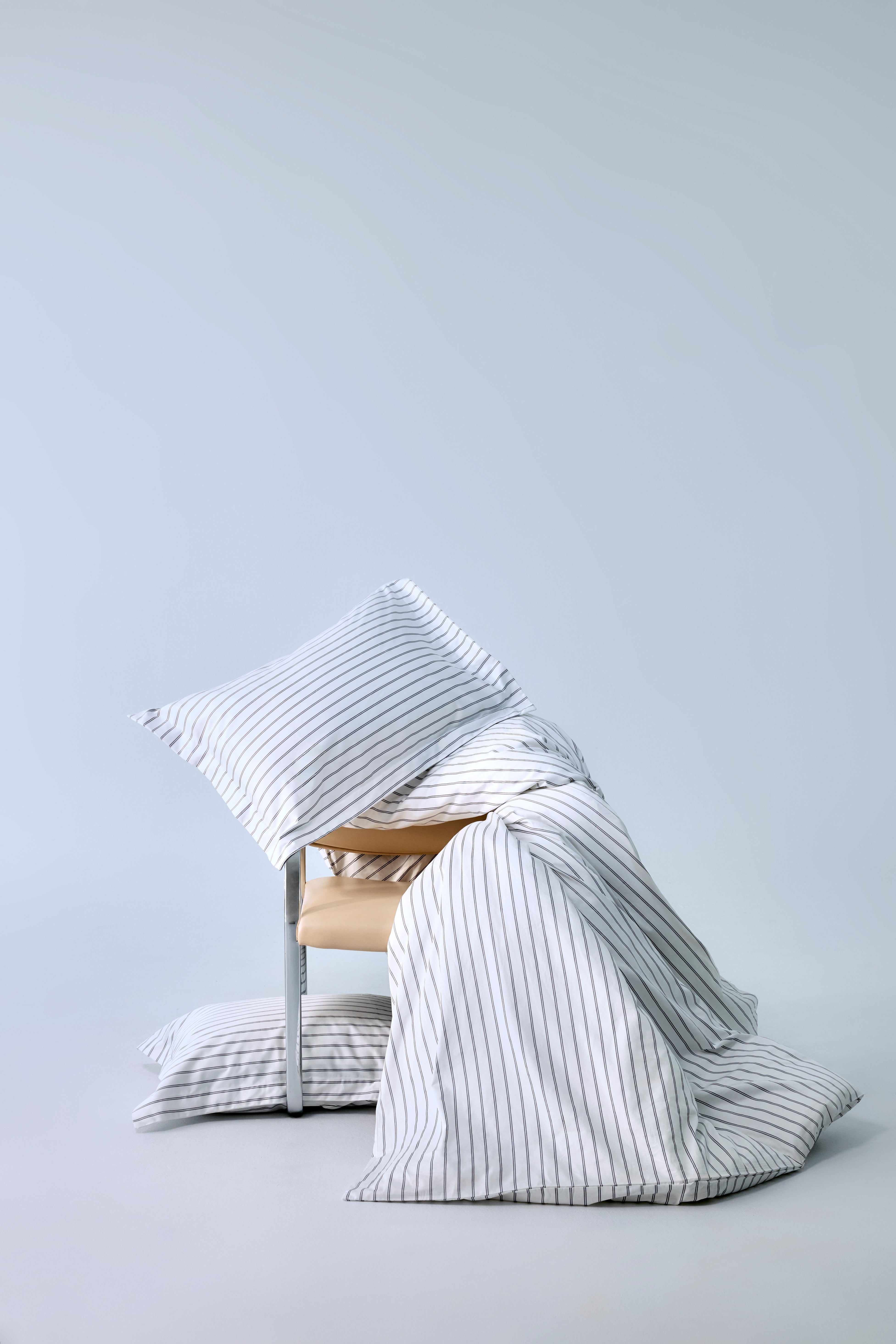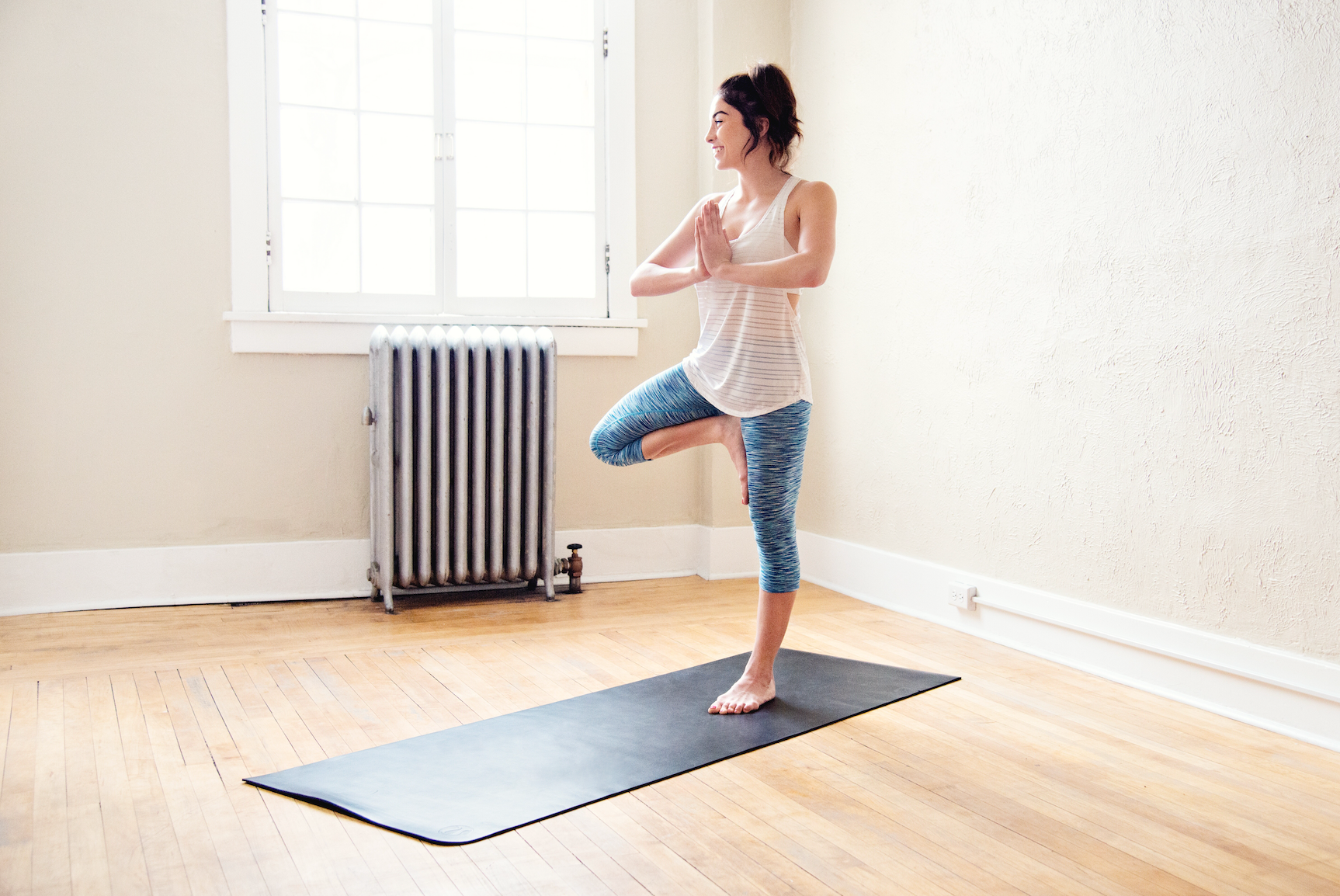
Sleep Quality & Mental Health - How They’re Intertwined
We take sleep pretty seriously here at White Terry Home. Our organic cotton bedding sprung out from an intrinsic need for a better quality of sleep, as we know what a difference that can make in a person’s life. Good sleep quality allows you to be healthier, happier, and simply better.
If you’ve ever struggled with sleeping, if you’ve suffered from insomnia or other sleep disorders, you know that this has a significant impact on your quality of life and your mental wellbeing.
But what exactly is the connection between sleep and mental health? Is there a connection at all? Is sleep that important? Let’s take a look.
Importance of a Good Night’s Sleep
When you consider that about a third of your life is spent sleeping, it’s illogical to assume that sleep doesn’t matter much. If you spend about 26 years on a particular activity, it’s evident that it’s important.
There’s much more to sleep and dreaming than merely getting your “beauty sleep.” Sleeping serves two primary functions in our lives; one is more physical, while the other is more psychological.
Primarily, sleep serves to enhance our muscle growth, tissue repair, and it’s crucial for hormone synthesis. Without proper rest, you risk becoming susceptible to many illnesses, including diabetes, cardiovascular diseases, and even obesity and anorexia.
On the other hand, sleep also plays a vital role in maintaining proper brain function, consolidating memory, and much more.
Effects of Poor Sleep Quality on Mental Health
Just as mental and physical health tend to be interrelated, so too are mental health and sleep quality. Just consider your mental wellbeing when you don’t get enough sleep in only one night. The majority of people tend to be more grumpy, irritable, and much more easily agitated. This significantly increases a person’s stress levels and quality of life. Imagine then what happens when someone is dealing with chronic sleep deprivation.
The first sign of sleep deprivation is mood swings. Sleep length is known to have a significant impact on feelings of fatigue and the overall mood. While this may not sound like a severe issue at first, it can have significant implications.
Lack of Sleep and Anxiety
Many studies have shown that sleep deprivation can lead to individuals developing anxiety. Those who have insomnia are 17 times more likely to develop clinical anxiety.
While it isn’t a guarantee that you will develop anxiety disorders if you have insomnia, it’s a real possibility, and it’s essential to be aware of that. Insomnia typically presents itself as an inability to fall asleep, difficulty staying asleep, waking up too early, or waking up tired. It’s best to consult with your doctor if you’re experiencing any of these problems.
Lack of Sleep and Depression
While sleep deprivation and anxiety have a strong interrelatedness, this is overshadowed by depression. Sleep problems often develop before major depressive episodes, so you must seek help if you or someone you know suffers from prolonged sleep-related issues.
Mood swings, anxiety, and depression are just some of the common side-effects of sleep deprivation. If you want to take care of yourself and your mental wellbeing, you have to do your best to improve your quality of sleep, whether that’s through investing in organic cotton betting, meditating, or anything in between.
The Two-Way Link Between Mental Health and Sleep
Of course, it all works the other way around as well, and insomnia and other sleep disorders can be symptoms of underlying mental health problems. 90% of children suffering from depression experience some sleep problem, and over 50% of adult patients with anxiety disorders do as well.
This is why it’s so crucial to talk to your doctor if you’re experiencing any types of sleep-related problems. They might be the symptoms, or they might be the causes.
If you aren’t sure that you’re experiencing sleep disorders, you might want to consider keeping a sleep journal. If there are any inconsistencies, if you’re not sleeping enough or if you’re sleeping too long, it will be easier to notice it all with a journal.
Sleep Quality, Mental, and Physical Health
Since essential physical functions take place during sleep cycles, it’s no wonder that sleep can also have an impact on your physical wellbeing as well. Sleep disorders can weaken your immune system, hinder your cell regeneration, and more.
Sleep quality, mental, and physical health are so interrelated that it’s next to impossible to find out what is the symptom and what is the cause. This is why you should take care of all three of them.
Improving Your Sleep Quality
If you’re having any problems with your sleep, whether that’s insomnia, sleep apnea, or a simple form of sleep irregularity, there’s no need to panic right away. Improving your quality of sleep can be rather easy if there are no underlying medical conditions.
Of course, there are things that you should avoid when trying to improve your sleep quality, such as using your smartphone before bed and things you should try to do.
To improve your sleep quality, you should:
Improve your diet
What you eat during the day, and right before bedtime can affect the quality of your sleep. If you or anyone you know suffers from lactose sensitivity, this is very obvious, as it’s almost impossible to sleep well after a glass of milk.
Generally, you should avoid foods that are difficult to digest before bedtime. This includes fast food, fatty food, spicy, or otherwise heavy foods. Opt more for fibrous food, healthy snacks, and fruits.
Exercise
Nothing will help you sleep like a baby quite like exercising will. Of course, it’s not a good idea to exercise heavily just before bedtime, but some light exercises before bed can do wonders.
Improve your surroundings
Get rid of any lights in your bedroom, invest in thick curtains, organic cotton bedding, and maybe even a new mattress and pillow. Ensure that your bedroom is as comfortable as can be, and make sure that you use it primarily for sleeping. You’ll find it harder to fall asleep if you usually watch movies from the bed, study in it, or eat in it. Make sure that your bedroom is a place used only for sleeping.
The Bottom Line
Sleep can have such a significant effect on our overall quality of life, it can harm or improve both our mental and physical health, and so it’s crucial to ensure proper sleep hygiene. Just remember not to lose sleep over worrying too much about it.



